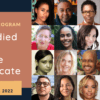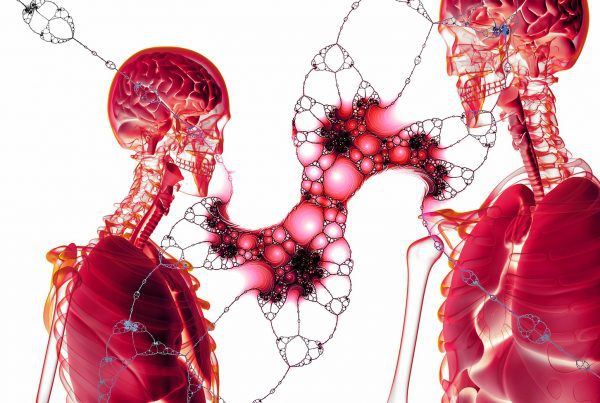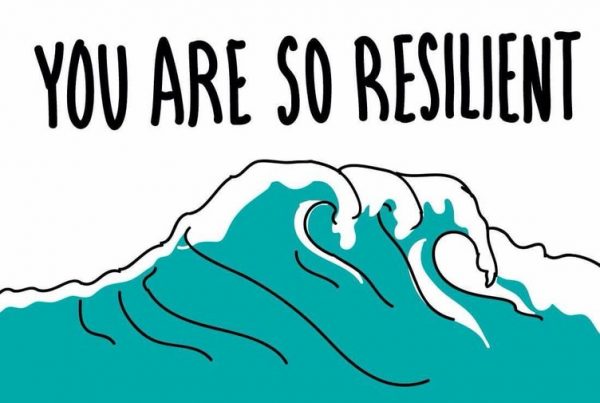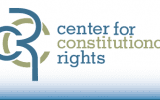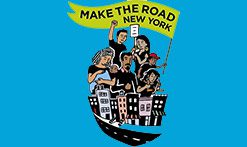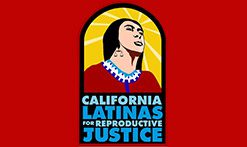The first known use of the word “belonging” was in 1782 and spoke to an essential human need, both emotionally and physiologically, to be accepted in one’s environment, to be loved and to be able to give love. Belongingness is attributed to being one of the strongest desires in human nature simply because the lack of which produces detrimental consequences in individuals and groups on a variety of levels.
Like survival, the emotional need for belongingness is something we most often fight to have and keep. And, as with love, connection, and safety, belongingness is a part of the critical foundation on which well-being is built.
 American psychologist, Abraham Maslow, developed the hierarchy of human needs, in which the third level is associated with love and belonging. While Maslow’s observation-based theories focused on “super humans” like Einstein are not without controversy, the work speaks both broadly and acutely to the understanding of modern sociological conditions. If we look at belongingness in a political lens, we may come to understand what led up to the election results of 2016 and what and where we may need to shift in addressing the anger, fear, and despair the majority of us are experiencing.
American psychologist, Abraham Maslow, developed the hierarchy of human needs, in which the third level is associated with love and belonging. While Maslow’s observation-based theories focused on “super humans” like Einstein are not without controversy, the work speaks both broadly and acutely to the understanding of modern sociological conditions. If we look at belongingness in a political lens, we may come to understand what led up to the election results of 2016 and what and where we may need to shift in addressing the anger, fear, and despair the majority of us are experiencing.
To begin, I assume the following things in this discourse:
- Like love, safety, and connection, the need for belongingness is essential to our survival;
- When belongingness is taken or denied, we will fight to regain/establish it or we will give up our very lives rather than live without it
- Belongingness is necessary for our well-being, the effects of which deeply impact our psychological, physiological, emotional, and spiritual states
- There is a real connection between dis-ease and disease
Are social and political movements essentially about a deeper need to establish belongingness? Of course, the desires and purposes of our movements are multi-layered and difficult to simply reduce into one thing or another. However, if we view movements from the angle of human yearning, are we not fighting for belongingness, to feel and be a part of something beyond just ourselves?
Using immigration as an example, Deferred Action for Childhood Arrivals (DACA) and Deferred Action for Parents of Americans and Lawful Permanent Residents (DAPA), while fighting to gain documented status for millions of immigrants living in the United States, helped to establish social and economic belongingness. For DACA, the real sense of belonging to a larger community of the U.S., enabling millions of youth to emerge from the shadows of fear.
And now, with the promise to repeal DACA, millions of youth have been told by the highest office of this nation, “no, you do not belong.” Is it any wonder that at least seven DACAmented youth have committed suicide since last week (that we know of)? And the explosion of #HereToStay statements and actions across the country?
The same social formula can be applied to the LGBTQ+ movements. Big victories establish acceptance and belongingness, where for too long LGBTQ+ communities were (and continue to be), structurally and systemically, denied basic human rights and treated as others and second class citizens. Now, with the Vice President-elect, proclamations and promises are being made to roll back and take away the progress so many of us fought long and hard to gain.
I could go on.
All throughout the campaign trails, we heard about how white America, lacking a sense of belongingness in a vastly and rapidly changing America, can reclaim their belongingness by fueling hate geared to deny belongingness of so many other people. And it worked. He-who-shall-not-be-named, takes the reins of power in as little as 70 days.
I know there is, seemingly, an infinite amount of data and analyses on what happened November 8th, 2016. I suspect we will talk about it for some time. What is clear to me is that 46.9% of the voting populace did not even cast a vote (source: United States Election Project). Why is this? If the 46.9% of the people felt belongingness, barring any other restrictions, do you think they still would have chosen to disengage? I would venture to say that the majority of these people would have engaged and we would be looking at a different kind of future.
We live in a culture where community and humanity are not priorities in the sense that we care about what happens to all of us. I do believe that the majority of us are, in fact, lead by love and compassion. And while we are fighting for ourselves, our families, and our communities, to (re)establish belongingness, are our words and actions possibly or directly robbing others of their sense of belongingness? When we say that all the people who voted for he-who-shall-not-be-named are racists, are we not automatically saying they are not a part of who and what we are and thereby denying them a sense of belonging?
So many of us are rightfully grieving. As a response, too many of us are defaulting to reassuring people that it’s going to be okay and we will survive. We should know that this is not true and already, some of us have not survived. Today is day 8 post-elections. Day 8.
My assertion is that it is more than fine and wholly appropriate to not be okay. What has and is happening, is not okay. So why and how can we expect us to be okay despite this? I also assert that we can act, with determination and love, while being “not okay”.
Instead of deepening the groove of the pattern of wanting to take care of others as a way of dealing with our own discomfort, let’s be in community and create belongingness for ourselves and each other. Let’s tell and show ourselves and our most vulnerable that we are not alone in what we are feeling by creating real and virtual spaces for us to share and hold each other.
Most importantly, let’s practice to put away our fragile egos and support each other so our work can be aligned with our deepest values and principles. So we may fight for a world in which belongingness of others is not a compromise we must make for our own.




